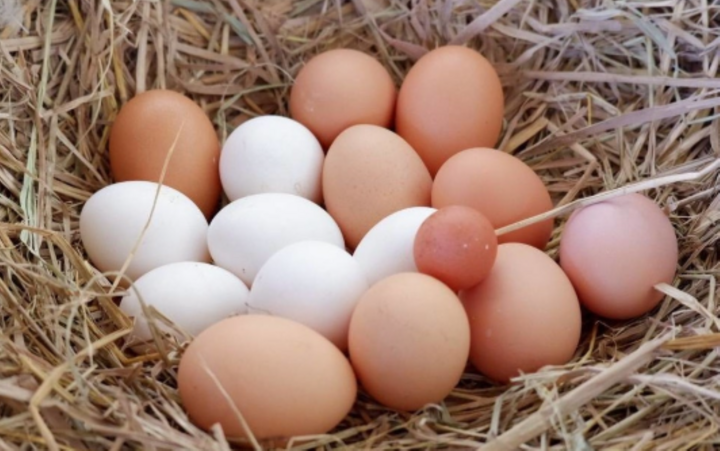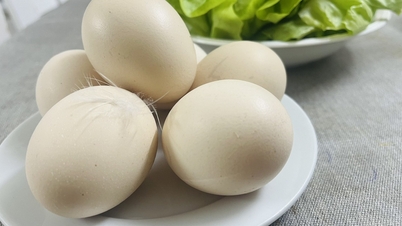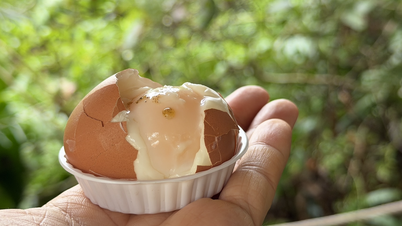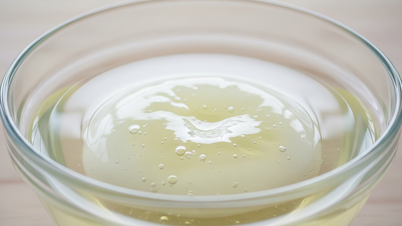Differences in eggshell color
In fact, many factors cause different eggshell colors, but the most important factor is different chicken breeds. Eggs from different hen breeds can have different eggshell colors, depending on the type of pigment produced in the hen's body.
For example, the pigment in brown eggshells is mainly due to “protoporphyrin IX” which is made from heme.

There are many factors that cause different eggshell colors (Source: Sohu)
Other reasons for different eggshell colors include the age of the hen. If a hen that originally laid brown eggs gets older, the color of the eggs she lays will become lighter.
Additionally, the chicken's diet, living environment, and stress levels can also cause the color to become darker or lighter.
Which color eggs are good for health?
Many people think that brown eggs are more nutritious than white eggs, but in fact, both types of eggs contain the same nutrients.
Scientists have even conducted related experiments to determine whether the color of eggshells has a different impact on the nutrients of eggs. However, they found that the color of eggshells does not affect the quality or nutritional composition of eggs.
Brown eggs or white eggs taste better?
Although the color of the eggshell does not affect the taste of the egg, the feed the chickens eat, the freshness of the egg, and how it is prepared can all make a difference in taste and palatability.
For example, eggs from hens fed a high-fat diet tend to taste better than eggs from hens fed a low-fat diet. Also, the longer eggs are stored, the more likely they are to lose their flavor.
Tips for choosing eggs
When choosing eggs, in addition to paying attention to the size of the egg, you can apply some of the tips below.
- Look at the surface. You should choose eggs with thick shells, moderate size, and a hard, tanned shell. Do not choose eggs with a very smooth shell surface, because these eggs have often been stored for a long time before being sold.
- Shake the egg to listen to the sound inside. This method is very simple, we just need to put the egg to our ear and shake. If there is no sound during the shaking process, it means that the yolk of the egg is still fresh. On the contrary, if you hear a sound like the sound of water hitting inside, it means that the egg is old.
Source













































































































Comment (0)